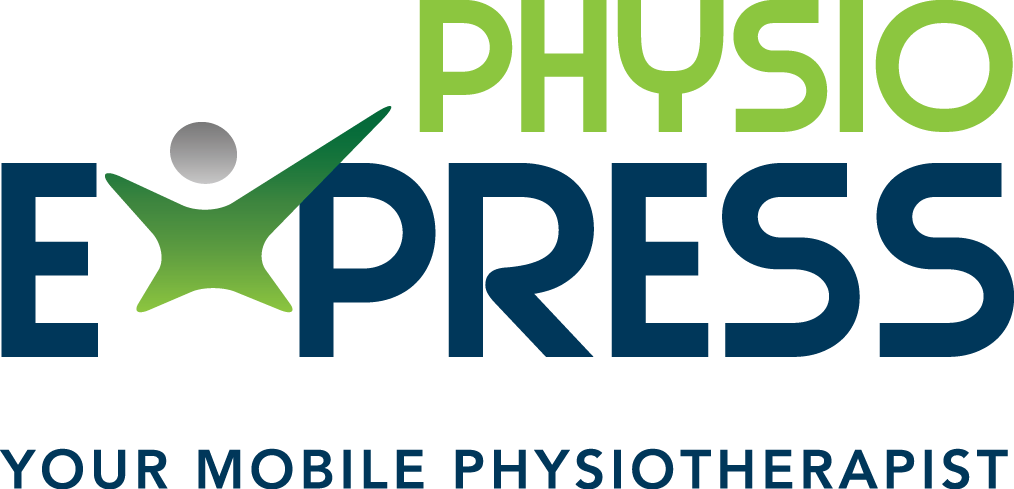5 Ways to Support a Loved One with a Neurological Condition
When someone you care about is living with a neurological condition, it can be hard to know where to start. Whether it’s a stroke, Parkinson’s, MS, or a brain injury, here are five practical, down-to-earth ways you can help.
1. Educate Yourself About the Condition
Getting your head around what your loved one is going through can make a world of difference. Understanding their condition means you can support them more confidently, with empathy and the right information. Please see below for some links to some resources:
2. Encourage Professional Rehabilitation
Getting the right therapy can fast-track recovery and boost confidence. At Neuro Junction, we run tailored rehab programs designed to improve mobility, coordination, strength, and balance — all led by experienced clinicians who know neuro inside out.
3. Promote Independence
It’s tempting to jump in and help, but supporting independence is essential for long-term progress. Here’s how you can encourage it, bit by bit:
Get Them Involved – Let your loved one lead small daily tasks like making tea or getting dressed.
Keep It Simple – Break bigger tasks into smaller, doable steps.
Use Helpful Aids – Think grab rails, shower chairs, or mobility tools. An OT can advise on what suits your home best.
Set Shared Goals – From walking to the letterbox to joining a group, setting goals together builds momentum.
Celebrate Effort – Progress is progress, even if it’s not perfect.
Give Space – Sometimes standing back a little helps them grow in confidence.
Our Occupational Therapists at Neuro Junction can help you find the right tools and strategies to make day-to-day living safer and easier.
4. Connect with Support Networks
You’re not alone — and neither is your loved one. Community support groups offer a place to share, listen, and learn:
STEPS Network Group (Gold Coast) – For people aged 16–65 with ABI/stroke. Meets last Tuesday of the month.
Parkinson’s QLD Support Group (Helensvale) – Monthly meet-ups for info and support.
Fibromyalgia ME/CFS Support Group (Gold Coast) – Peer support and connection.
FND Living – Offers in-person support group catch-ups across QLD.
Gold Coast MS Support Group – Friendly local group to connect and chat.
5. Seek Professional Support Coordination
Finding your way through healthcare, NDIS, and community services can feel like a full-time job. A support coordinator can help lighten the load.
Here’s how to find a good one:
Ask Your GP or Therapist – They often know people with neuro experience.
Use the NDIS Provider Finder – ndis.gov.au
Get Peer Recommendations – Other families in support groups can be a great source.
Check for Specialisation – Look for someone who “gets” neurological conditions.
Ask Questions First – Chat with them before committing. It’s fine to ask questions.
A good support coordinator helps you stay organised, advocate for what you need, and make sure nothing slips through the cracks.
How Neuro Junction Can Help
We’re a dedicated neurological rehabilitation clinic based at 107 Palm Beach Avenue, Palm Beach QLD, Gold Coast and provide home visits from Pimpama to Murwillumbah — and we’re here to walk beside you every step of the way.
Our services include:
resources:
Stroke
Stroke Foundation Australia – Great info on types of stroke, recovery tips, and tools for carers. strokefoundation.org.au
EnableMe – A community site full of real stories, practical advice, and podcasts. enableme.org.au
Parkinson’s Disease
Parkinson’s Queensland – Local support, helplines, and education. parkinsonsqld.org.au
Shake It Up Australia – Aussie partner of the Michael J. Fox Foundation. shakeitup.org.au
Michael J. Fox Foundation – Top global resource for research and treatments. michaeljfox.org
Spinal Cord Injury (SCI)
Spinal Life Australia – Advocacy, NDIS help, and support. spinal.com.au
Spinal Cord Injuries Australia (SCIA) – Peer support and practical info. scia.org.au
Traumatic Brain Injury (TBI)
Brain Injury Australia – Education, legal info, and support. braininjuryaustralia.org.au
Synapse – Aussie org offering services for those with TBI. synapse.org.au
Headway ABI Gold Coast – Local support and rehab options. headwaygoldcoast.org.au
Functional Neurological Disorder (FND)
FND Living – Peer-led support and awareness in Australia. fndliving.au
FND Hope International – Global FND resource. fndhope.org
Multiple Sclerosis (MS)
MS Queensland – Advocacy, education, and events statewide. msqld.org.au
MS Plus (formerly MS Connect) – Support services and community connection. msplus.org.au
Gold Coast MS Support Group – A local group for connection and sharing.
Contact: John O'Dempsey – 0409 947 954 | john.odempsey@hotmail.com
Author: Maggie Hosner
Physiotherapist @ PhysioExpress

